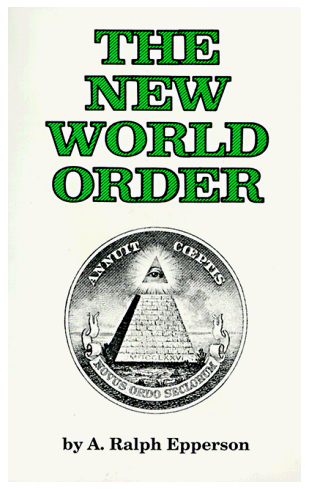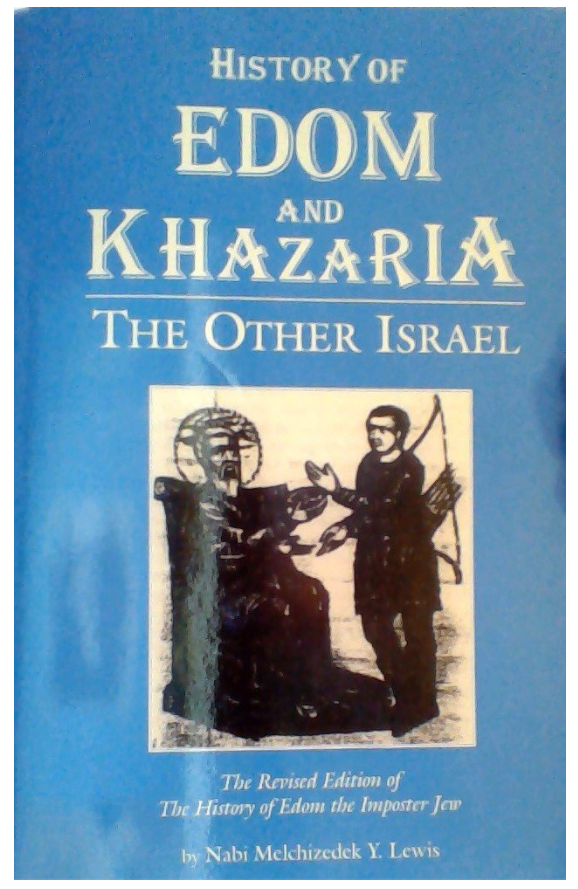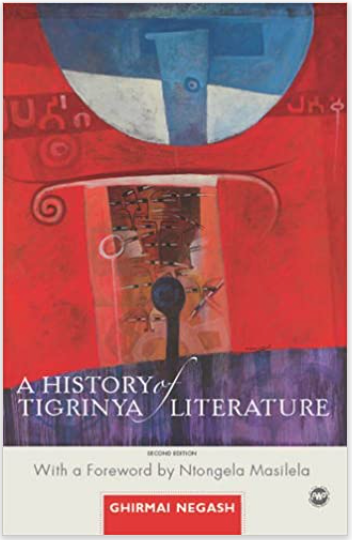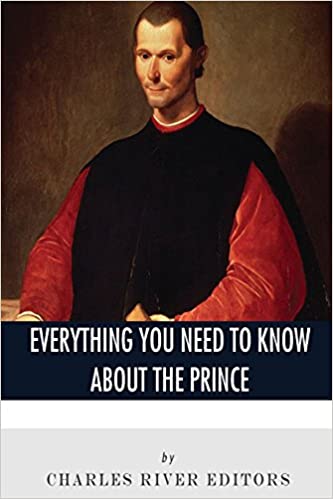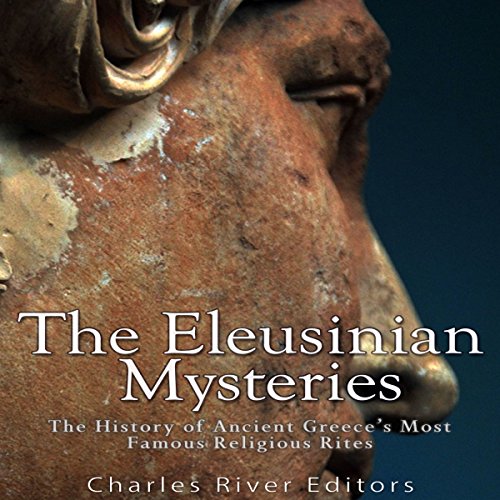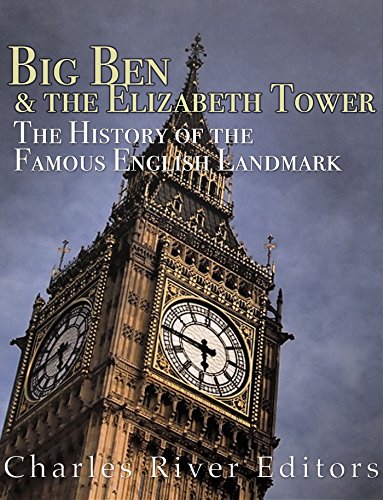The Christmas Truce of 1914: The History of the Holiday Ceasefire during World War I
ISBN: 9781530565184
*Includes pictures
*Includes accounts of the truce written by soldiers
*Includes online resources and a bibliography for further reading
*Includes a table of contents
“It was absolutely astounding, and if I had seen it on a cinematograph film I should have sworn that it was faked!” - Captain Sir Edward Hulse of the Scots Guards on the Christmas Truce (Groom, 2002, 85).
On Christmas Day 1914, amid the bloodily stalemated trenches of Flanders just five months into World War I, a memorable event dubbed the Christmas Truce occurred. In place of the rattle of gunfire and the crash of bursting artillery shells, familiar German and English Christmas carols floated through the frosty air. In a number of sectors, officers and men on both sides emerged from their trenches to mingle, exchange Yuletide greetings, give one another small gifts and mementos, and discuss the fighting as language allowed.
The Truce also provided practical advantages in addition to the emotional and perhaps spiritual relief of a pleasant, peaceful day after months of brutal combat. Many men took advantage of the temporary ceasefire to improve their trenches and dugouts, while others brought up firewood and supplies in large quantities, since the “armistice” enabled carrying these items openly rather than crawling through the mud under fire with only small amounts of necessities.
*Includes accounts of the truce written by soldiers
*Includes online resources and a bibliography for further reading
*Includes a table of contents
“It was absolutely astounding, and if I had seen it on a cinematograph film I should have sworn that it was faked!” - Captain Sir Edward Hulse of the Scots Guards on the Christmas Truce (Groom, 2002, 85).
On Christmas Day 1914, amid the bloodily stalemated trenches of Flanders just five months into World War I, a memorable event dubbed the Christmas Truce occurred. In place of the rattle of gunfire and the crash of bursting artillery shells, familiar German and English Christmas carols floated through the frosty air. In a number of sectors, officers and men on both sides emerged from their trenches to mingle, exchange Yuletide greetings, give one another small gifts and mementos, and discuss the fighting as language allowed.
The Truce also provided practical advantages in addition to the emotional and perhaps spiritual relief of a pleasant, peaceful day after months of brutal combat. Many men took advantage of the temporary ceasefire to improve their trenches and dugouts, while others brought up firewood and supplies in large quantities, since the “armistice” enabled carrying these items openly rather than crawling through the mud under fire with only small amounts of necessities.






